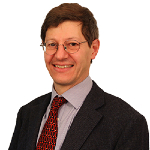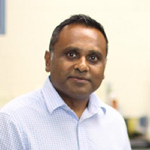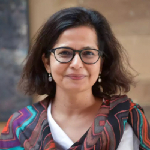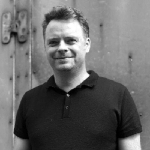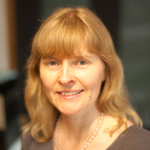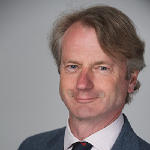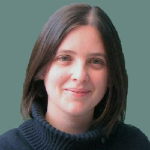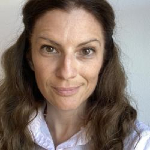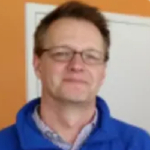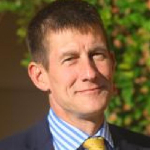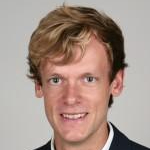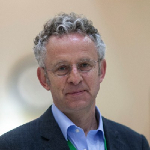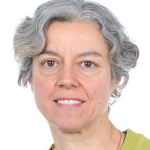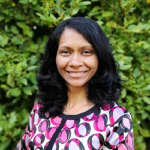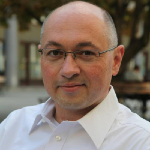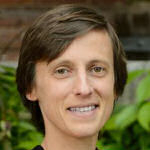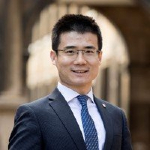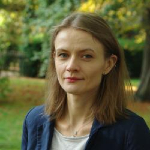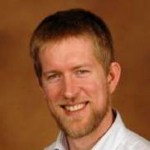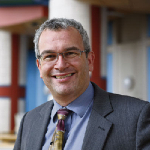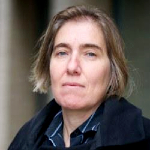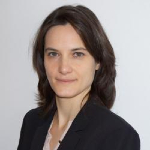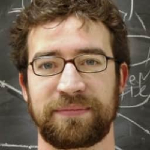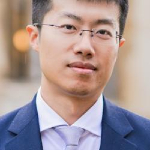Energy IRC is governed by a Steering Committee and Director Professor Sir Richard Friend. It meets once a term to review the Interdisciplinary Research Centre's activities, evaluate progress and provide strategic guidance in achieving it's goals.
Steering Committee membership is open to academic staff from the Arts and Humanities, Biological Sciences, Humanities and Social Sciences, Physical Sciences and Technology.
Steering Committee
|
Engineering, School of Technology Key interests: Intelligent infrastructure materials, soil mix technology, data mining, mapping, modelling and management |
Engineering, School of Technology Key interests: low emissions propulsion, contrail avoidance, and evaluating the sustainability of biofuels |
Engineering, School of Technology Key interests: Dynamic loads of heavy vehicles, heavy vehicle safety and mobility, heavy vehicle fuel consumption and the micromechanics of asphalt deformation and fracture |
|
Materials Science and Metallurgy, School of the Physical Sciences Key interests: Fundamental studies of atomically thin two-dimensional transition metal dichalcogenides (TMDs), electronic and electrochemical properties, phase transformations in monolayered materials and utilization of phases for catalysis and energy storage |
Prof. Ruchi Choudhary (on sabbatical) Engineering, School of Technology Key interests: Building simulation and environmental characteristics of the built environment, urban-scale energy simulation of built environments, with specific emphasis on uncertainty analysis and retrofits of existing buildings |
Engineering, School of Technology Key interests: Material and energy flows required to support energy, transport, buildings and infrastructure systems |
|
Materials Science and Metallurgy, School of the Physical Sciences Key interests: Energy efficient oxide materials for ICT and energy devices, nanoscale design and tuning of thin film materials |
Biochemistry, School of Biological Sciences Key interests: Biosynthesis and function of polysaccharide components of the plant cell wall |
Chemistry, School of the Physical Sciences Key interests: Properties of complex oxides for energy applications including batteries and solid state magnetic cooling |
|
Earth Sciences, School of the Physical Sciences Key interests: Volcanic and magmatic processes, Volcano monitoring and eruption forecasting, Transport of trace metals in magmatic-hydrothermal fluids, and ore deposits, Long term carbon cycle |
Chemical Engineering and Biotechnology, School of Technology Key interests: Microfabrication, fluid dynamics, numerical simulations, spectroscopic analysis and electrochemical methodology, design, manufacture and application to microscale reactor systems for the development of the next generation of (bio)chemical sensors |
Engineering, School of Technology Key interests: Climate repair, deep and rapid emissions reductions, greenhouse gas removal, targeted interventions to restore specific damaged climate systems, low energy natural ventilation, sustainable building technologies |
|
Chemistry, School of the Physical Sciences Key interests: Functional behaviour of new materials for CO2 capture and electrochemical energy storage, nuclear magnetic resonance (NMR) spectroscopy techniques that are complemented by synthetic chemistry, electrochemistry and computational chemistry |
Physics, School of the Physical Sciences (Director) Key interests: Electronic properties of novel semiconductors, carbon-based organic semiconductors and metal halide perovskites, photovoltaic diodes, FETs, and LEDs, fundamental electronic structure and applications in display technologies and solar cells |
Engineering, School of Technology Key interests: Energy conversion and reacting flows, combustion, thermoacoustics, flame synthesis and aerosols. Projects involve the development of optical diagnostics for high pressure and temperature flows, hydrogen combustion, thermoacoustics and instabilities, aerosol and droplet measurements. |
|
Materials Science and Metallurgy, School of the Physical Sciences Key interests: Polymer-based nanomaterials for applications in energy harvesting and sensing, piezoelectric, ferroelectric, magnetoelectric and thermoelectric nanostructures for harvesting and harnessing ambient waste energies for sensing technologies |
Chemical Engineering and Biotechnology, School of Technology Key interests: Computational modelling and optimisation targeted towards developing carbon abatement and emissions reduction technologies for the automotive, power and chemical industries |
Geography, School of Physical Sciences Key interests: Urban Geographer interested in everyday urban inequality in the global south, primarily through the lens of infrastructure (housing, land and services), urban governance and citizenship. She has conducted extensive qualitative fieldwork in South Africa and India |
|
Engineering, School of Technology Key interests: Power electronics, power conversion systems, electric vehicles (cars, trains, ships, aircraft), electrical energy storage, renewable energy, smart grid |
Chemical Engineering and Biotechnology, School of Technology Key interests: Energy, energy materials, sustainable production of high-value chemicals and energy vectors, carbon capture, fluidised bed, discrete element modelling, CFD-DEM |
Earth Sciences, School of the Physical Sciences Key interests: Fluid behaviour of the Earth and other planetary bodies, subglacial hydrology on supraglacial lake drainage and the tidal modulation, solidification of magma oceans, idealised river systems erosive dynamics, fluid dynamics of geological carbon storage |
|
Judge Business School, School of Technology Key interests: National climate change policies; social and political acceptability of low-carbon technologies; public views of fracking, carbon capture and storage technologies, energy demand, policy design; public perceptions of energy technologies, regulatory policy |
Physics, School of the Physical Sciences and Chemical Engineering and Biotechnology, School of Technology Key interests: Optical and electronic properties of emerging semiconductors including halide perovskites, carbon allotropes and organic semiconductors for low-cost electronics applications such as photovoltaics and lighting |
Politics and International Studies (POLIS), School of Humanities and Social Sciences Key interests: Political economy of energy and the long history of the democratic, economic, and geopolitical disruptions of the twenty-first century. |
|
Chemical Engineering and Biotechnology, School of Technology Key interests: Novel catalytic routes for sustainable technologies, reaction engineering, integration of reaction and separation steps in chemical processes, nanostructured materials as catalytic supports, ammonia as a vector of sustainable hydrogen |
Engineering, School of Technology Key interests: Scalable processes to arrange nanoparticles such as carbon nanotubes and graphene into well-defined superstructures, applications in sensors, electronics, catalysis, energy storage, water purification, and smart materials |
Land Economy, School of the Humanities and Social Sciences Key interests: Urban land-use and transport, location and travel choices, inter-disciplinary modelling of urban and infrastructure systems, model-based development policy studies, integration of big data and urban system modelling |
Cambridge University Energy Network / Cambridge University Energy Technologies Society Representative




